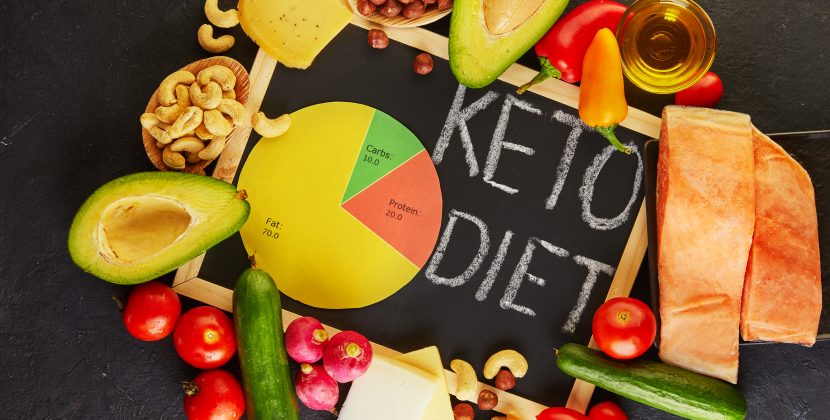
The Energy Crisis in Men: Why You Feel Drained — and How to Recharge from the Inside Out
You work out. You eat clean. You sleep.
But you still wake up tired. You push through the day, but everything feels heavier than it used to.
You’re not broken — you’re running on low cellular power.
The real reason many men feel chronically tired isn’t just stress or aging. It’s that their biology is overloaded, under-recovered, and running in emergency mode.
In andrology, we don’t treat energy like a mystery. We treat it as a physiological system — one you can understand, track, and reboot.
Here’s how.
Male Energy Isn’t About Motivation — It’s About Mitochondria
At the root of all energy in the body are mitochondria — tiny power plants inside your cells. They convert oxygen and nutrients into ATP, the actual fuel your body runs on.
But chronic stress, inflammation, nutrient deficiencies and poor recovery shrink mitochondrial output, leaving you feeling like a phone that never fully charges.
When mitochondria are impaired:
– testosterone drops,
– sperm quality declines,
– cognitive speed slows,
– libido fades,
– fatigue becomes the new normal.
The issue isn’t that you’re lazy or unfocused.
It’s that your cells are underpowered.
Signs You’re Running on Low Energy (Biologically Speaking)
– You wake up tired, even after a full night’s sleep
– Your workouts take longer to recover from
– Your focus breaks quickly
– Libido and sexual desire feel “muted”
– You rely on caffeine to feel normal
– Your stress tolerance is dropping
These aren’t just psychological. They’re biochemical.
And they’re reversible — if you treat the root cause.
What’s Draining Your Power? The Real Culprits
- Chronic low-grade inflammation – often silent, but disrupts cellular energy.
- Micronutrient depletion – especially magnesium, B vitamins, CoQ10, and zinc.
- Poor oxygenation – shallow breathing, sleep apnea, tight fascia = low oxygen to cells.
- Blood sugar spikes and crashes – cause energy instability and insulin resistance.
- Cortisol dominance – too much stress hormone flattens your testosterone and kills deep recovery.
You don’t fix this with more hustle. You fix this with metabolic precision.
How to Rebuild Your Energy System
- Re-oxygenate your cells – Deep nasal breathing, zone 2 cardio, walking outdoors, posture correction. – Blood oxygen drives mitochondrial output.
- Flood your body with mitochondrial nutrients – Magnesium, CoQ10, B12, carnitine, vitamin D, omega-3s. – Real food + smart supplementation = cellular reactivation.
- Balance your blood sugar – Protein + fat with every meal. – Avoid refined carbs, snacks, sweetened drinks. – Stable glucose = stable mental and sexual energy.
- Fix your sleep debt – No screens before bed. – Cool, dark room. – Magnesium glycinate or glycine before bed. – Track sleep quality, not just hours.
- Train smarter, not harder – Too much HIIT or cardio can suppress your system. – Strength train 3–4x/week with recovery days. – Add sauna, mobility, and nature time.
- Test your hormones and inflammation – Total and free testosterone – hs-CRP (inflammation) – Vitamin D – Cortisol (AM/PM) – Ferritin, B12, magnesium
If you don’t measure, you guess. And guessing leads to burnout.
What Happens When You Rebuild Male Energy
When your cells run clean, and your hormones sync again:
– morning energy returns,
– you feel desire instead of obligation,
– your workouts build muscle instead of just burning fuel,
– you focus without distraction,
– you sleep deeper,
– you feel like yourself again.
That’s not just health. That’s vitality.
And vitality is the real masculinity — not force, not volume, but presence.
Final Thoughts: Stop Chasing Energy — Start Building It
Most men treat energy like luck or motivation. But in truth, energy is earned, restored, and regulated.
If you’re feeling drained, don’t double down on force.
Pause.
Test.
Rebuild.
You don’t need to push harder. You need to power up smarter.
Because when your biology is charged — your life is, too.













